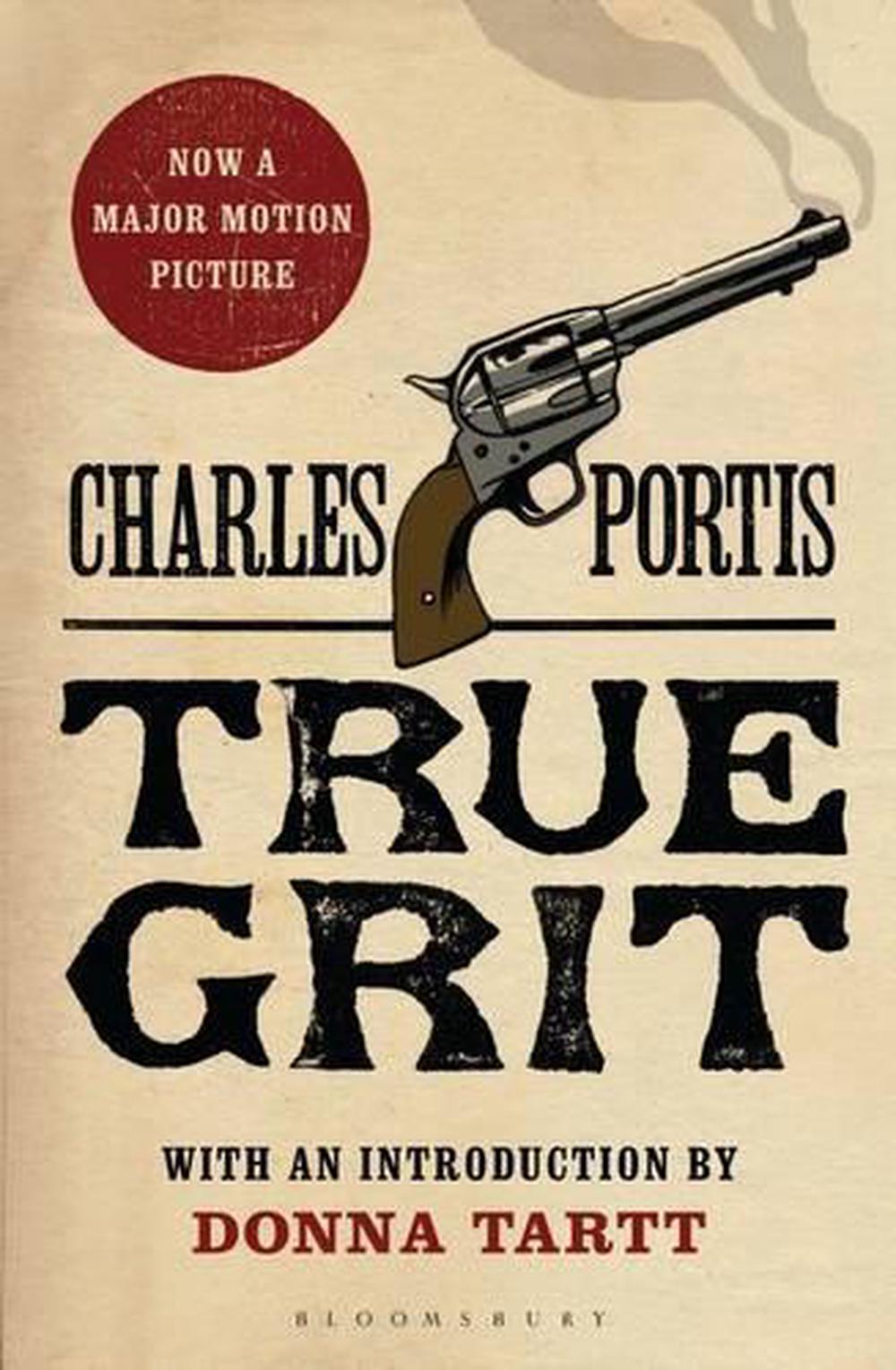

Portis served in the Marine Corps during the Korean War, reaching the rank of sergeant by the time of his discharge in 1955. The possibility of “true grit”-unyielding courage in the face of danger-is absent from the worlds of Portis’s later novels, all of which are populated by idiosyncratic but harmless wanderers, schemers, and “ne’er-do-wells” who stubbornly pursue their illusions.īorn in El Dorado (Union County) to Samuel Palmer Portis and Alice (Waddell) Portis on December 28, 1933, Charles Portis was raised and educated in various towns in southern Arkansas. His family, which included two brothers and one sister, settled in Hamburg (Ashley County) for his eighth- through twelfth-grade years. Portis’s protagonists are staid and ill at ease in modern society.

Whereas True Grit has sold copies into the millions and was made into films in 19 (with an Oscar-winning performance by John Wayne in the first adaptation), Portis’s other novels, though of high quality, have gone in and out of print over the years and have sold much more modestly. Portis’s other novels- Norwood, The Dog of the South, Masters of Atlantis, and Gringos-are set in the twentieth century and are more purely comical. One of the finest of Arkansas’s fiction writers, Charles McColl Portis was best known for the western novel True Grit.


 0 kommentar(er)
0 kommentar(er)
